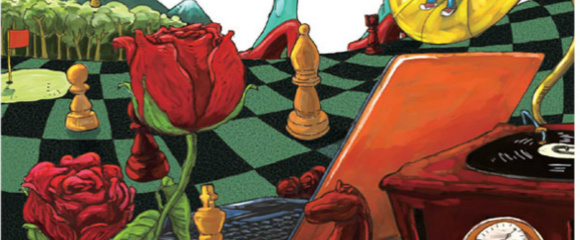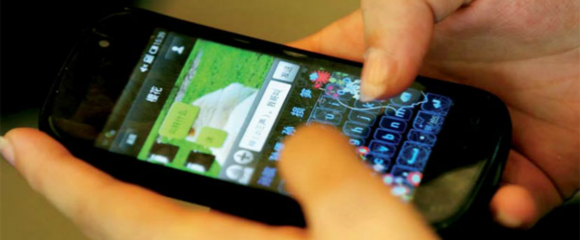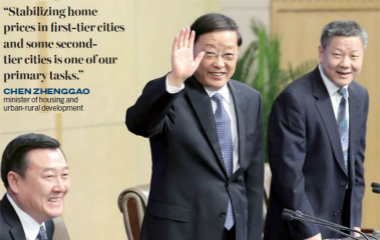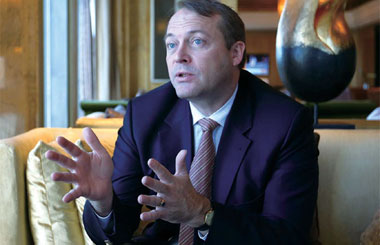Long road ahead for US-Cuba ties after visit
Updated: 2016-03-22 07:24
(China Daily)
|
|||||||||
 |
|
US President Barack Obama, accompanied by First Lady Michelle Obama, waves his hands, when arriving in Cuba, March 20, 2016. [Photo/Xinhua] |
US President Barack Obama's visit to Havana is touted as "historic" mostly because he is the first sitting United States president in 88 years to set foot on Cuban soil.
In that sense, he has made history by simply being there.
What makes his trip truly historic, and potentially "game-changing", however, is that it represents a change in the US' approach to the country, from containment to engagement, demonstrating once again, after the negotiated resolution of the Iran nuclear issue, that engagement can work a miracle where confrontation can't.
Washington's overtures to Havana today are in themselves an admission that decades of US endeavors to maneuver "regime change" in Cuba have failed.
From the Bay of Pigs invasion to Operation Mongoose, from assassination attempts to the embargo, Washington tried everything conceivable to get rid of Fidel Castro and the government he led.
None of those attempts, by 10 successive US presidents, worked. Instead, they ended up self-demeaning, and increasingly isolated Washington from the rest of the world.
The United Nations General Assembly has for 24 consecutive years passed resolutions appealing to the US to end its economic, trade and financial embargos against Cuba.
Obama is worth acclaim in that he has finally sought to put an end to that abortive, obsolete, and increasingly unpopular policy. The thaw in relations with Cuba will certainly be remembered as a prominent part of Obama's legacy as US president, along with the peaceful resolution of the Iranian nuclear issue.
But it would be naïve to pin too much on this visit.
The US Congress still has to agree to lift the embargo. Obama can do little about that. He is not expected to nominate a US ambassador to Cuba, which would be otherwise logical, legitimate, and more than appropriate, because he does not want a symbolic blow to his legacy by a failure to have the appointment confirmed.
Not to mention that he arrived with an agenda that is destined to be unpopular with his hosts. He will reportedly criticize the host country's human rights record, ask for "democratic reforms", and make those preconditions for further rapport.
In anticipation of that, one of Cuba's official newspapers foresees "a long, difficult road" ahead, because, as it stated, Cuba will retain "unconditional commitment" to its own choice of government.
Unless Washington can control its impulse to impose its will on Havana, it should not be too optimistic about what it can get in return.
Related Stories
US, Cuba eye new era in relations 2016-03-21 08:02
US, Cuba to resume regular airline services 2015-12-18 09:38
US, Cuba hold talks on counter-narcotics cooperation 2015-12-02 09:11
US-Cuba relations still face many challenges 2015-08-15 08:04
Making sense of the reestablishment of US-Cuba ties 2015-07-24 07:52
US, Cuba restore diplomatic ties 2015-07-21 07:51
Today's Top News
China to roll out new five-year plan for energy sector
Russia retrieves data from recorder of crashed plane
Paris attacks suspect wounded in Brussels shootout
China's latest GDP target is attainable: OECD Chief
What makes the middle class tick
One-stop app
EU to pitch migrant plan to Turkey
DPRK fires medium-range ballistic missile
Hot Topics
Lunar probe , China growth forecasts, Emission rules get tougher, China seen through 'colored lens', International board,
Editor's Picks

|

|

|

|

|

|






